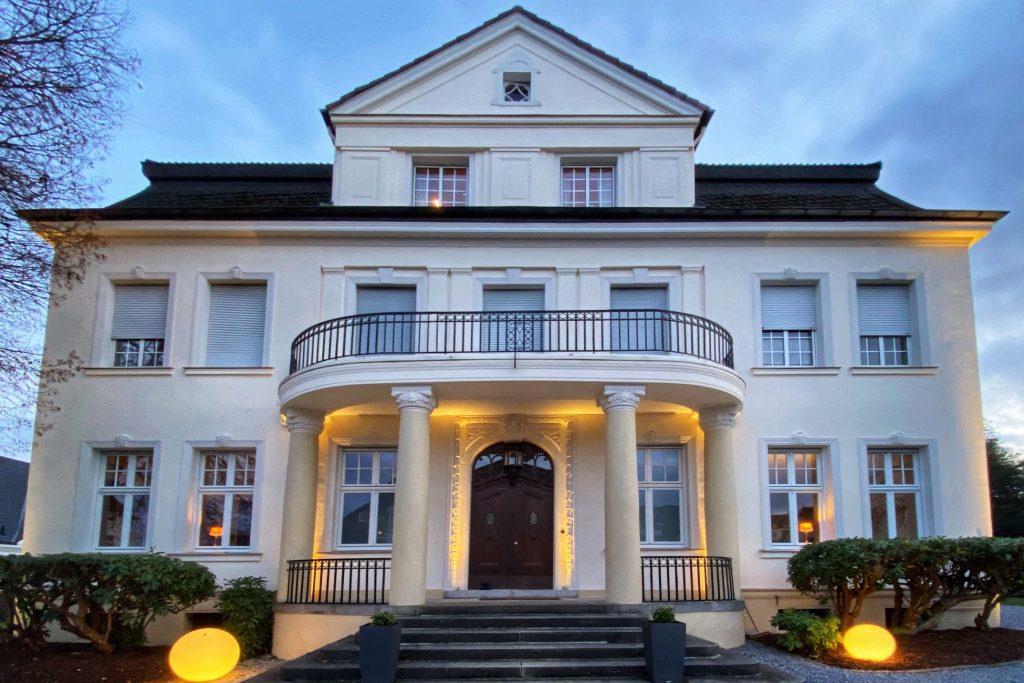Skift Take
With the competition heating up among short-term rental platforms, price parity issues may increasingly come into play, as they once did in the hotel industry. But with short-term rentals, given the ever-shifting guest fee rates, the pricing rules will be difficult to enforce.
The standard contract for Marriott’s Homes & Villas business requires property managers to adhere to “price parity” rules, Skift has learned, and these are the same sorts of provisions that European authorities view as anticompetitive in the hotel industry.
To be clear, Marriott does not mandate these rate rules where they are “prohibited by applicable law,” according to the contract obtained by Skift. European Union countries have taken a much tougher stance on competition law in the online travel and hotel industry than their North American counterparts, barring Booking.com and Expedia from demanding rate parity for hotel offerings on rivals’ websites.
But the inclusion of an “inventory and price parity” clause in the Homes & Villas contract, as well as reports that Airbnb account managers pressure short-term rental hosts and managers to lower rates or face the penalty of seeing their listings fall in search results, suggests that such rate parity rules are creeping into the short-term rental industry.
Join Us at the Skift Short-Term Rental and Outdoor Summit on May 19
Tripadvisor and its Flipkey brand don’t have a price parity clause in their short-term rental contracts.
Vacation rental managers tell Skift that price parity clauses have been a feature of many online travel agency contracts, but they seldom get enforced.
That could be changing.
“Airbnb has the biggest problem with it because property managers mark up their rates on Airbnb more than any other channel,” said Amy Hinote, founder of VRM Intel. “That’s largely because they have a ton of guest issues. Airbnb will refund anything so it’s more like risk mitigation. But, of course, they (Airbnb) say they don’t care about property managers.”
Airbnb, of course, has not said it doesn’t care about property managers, but statements have emphasized getting back to its roots, and helping individual hosts. Many individual hosts, however, haven’t felt much impact from the change in tone.
Skift has seen several communications between Airbnb account managers and vacation rental property managers asking the property manager to fix “any price discrepancies” — meaning instances where the property’s rates on Airbnb are higher than on rival sites — will hurt the property’s search ranking and competitiveness on Airbnb.
Marriott’s price parity rules require property managers selling through the chain’s vacation rentals’ platform to give Homes & Villas at least as favorable an availability as on the property manager’s own website, and a nightly rate equal to that being offered on the websites of rivals, including Airbnb, Booking.com, Vrbo, Tripadvisor, Homeaway and FlipKey, the contract states.
In addition, the property managers must give Homes & Villas rates that are not higher than 10-15 percent — the amount of Marriott’s commission — compared to the rate offered on the property manager’s own website.
The contract language reads:
“Unless prohibited by applicable law, HMC (Home Management Company) will
ensure that the (i) availability associated with each Eligible Property is at least as favorable as the availability offered by HMC for the same unit on its own channel or through any other distribution channel or platform including, without limitation, AirBnB, Booking.com, VRBO, TripAdvisor, Homeaway, and FlipKey, and
“(ii) the Nightly Rate or the Booking Price (as applicable) for each Eligible Property is (a) the same as the Nightly Rate or Booking Price, on identical dates, for the same unit through any other distribution channel or platform including, without limitation, AirBnB, Booking.com, VRBO, TripAdvisor, Homeaway and FlipKey, and (b) the same or no more than ten to fifteen percent (10-15%) greater than the Nightly Rate or
Booking Price, on identical dates, for the same unit on its own channel.”
Marriott declined to comment on the price parity issue, as did Booking.com, Airbnb, and Tripadvisor. Vrbo didn’t immediately respond to requests for comment.
The issue isn’t a huge one for Booking.com because Europe is its largest market, and price parity is largely barred there when it comes to requirements about rates on rival online travel agency websites.
The price parity rules kindle competition issues on whether property managers should have the freedom to charge what they wish through their own websites. The online travel agencies would counter, though, that this would create situations where short-term rental hosts would get free exposure from online travel agency marketing, but then be able to charge lower rates through their own channels.
Another issue for hosts is that guest fees charged by the big platforms are ever-changing.
“With dynamic guest fees, the property manager doesn’t have any ability to guarantee rate parity across channels,” said Hinote. “They simply have no control over what price the guest actually sees.”
Register Now for the Skift Short-Term Rental and Outdoor Summit on May 19
Dwell Newsletter
Get breaking news, analysis and data from the week’s most important stories about short-term rentals, vacation rentals, housing, and real estate.
Have a confidential tip for Skift? Get in touch
Tags: airbnb, booking.com, expedia, marriott, property managers, rate parity, short-term rentals, vrbo
Photo credit: A villa in Gevelsberg, Germany as seen on December 20, 2020. Marriott Homes & Villas requires property managers to agree to price parity provisions. Wolfgang / Flickr.com
